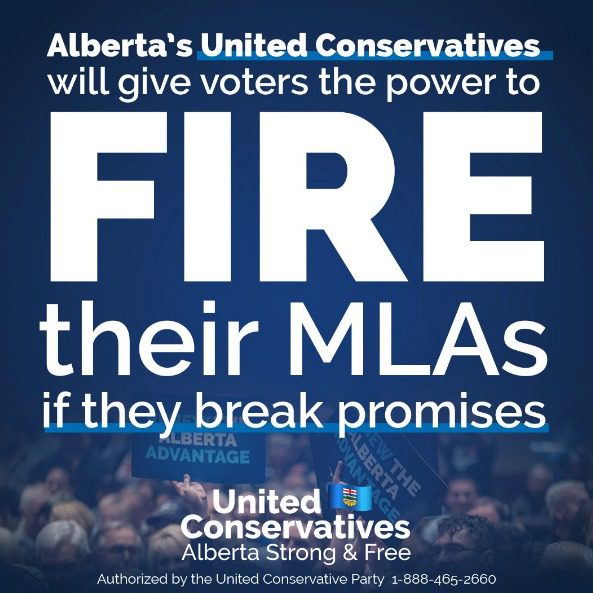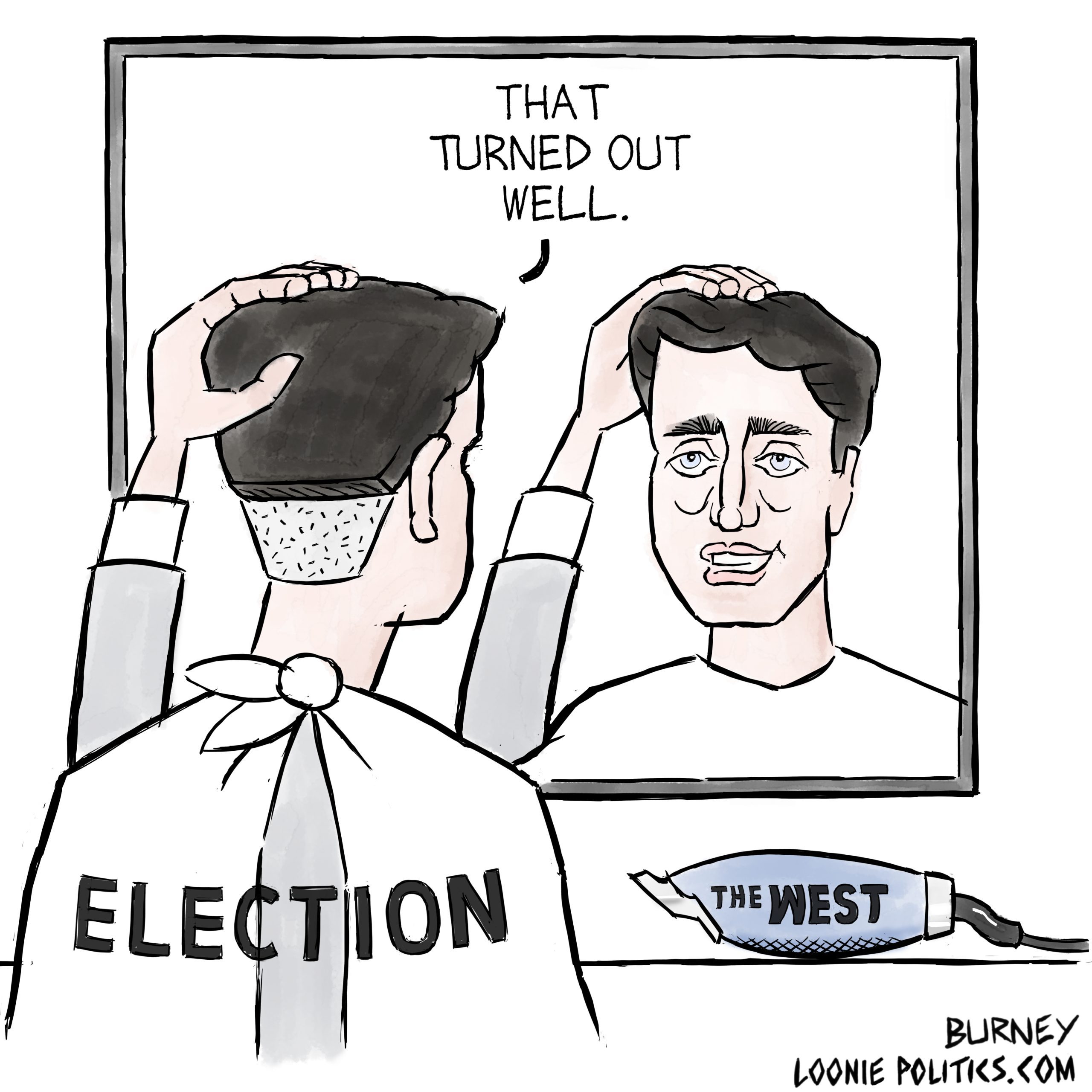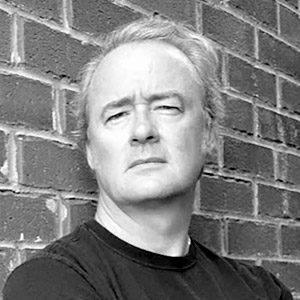
In the Jason Kenney government last spring, as COVID-19 took hold, some people wanted to shut down the War Room.
The launch had ranged from clumsy to calamitous, the internal critics agreed.
They argued for disbanding the Canadian Energy Centre and later creating a less combative advocacy group for oil and gas.
But the War Room didn’t close. It merely went into hibernation, like Bigfoot.
The $30-million annual budget was temporarily cut by 90 per cent, ensuring less noise from that quarter.
But now the agency that’s built to fight for Alberta’s oil industry is back with a bang.
The
Bigfoot Battle against a cartoon and Netflix
has gained headlines in the U.S. and Britain, drawn widespread criticism, and lit up social media with derision and disbelief.
But it also prompts emotions like those in this typical email from a reader:
“The bully in the room, being Netflix, should be censured for using children’s programming to attack the oil and gas industry.
“Rachel Notley should be ashamed of herself for defending Netflix against the livelihood of Albertans.
“Good on Premier Kenney and the War Room for defending Alberta’s premier industry.”
Kenney himself launched a full-throated defence of the Bigfoot campaign. He said: “It’s clear that they (Netflix) developed content designed to defame in the most vicious way possible — in the impressionable minds of kids — the largest industry in the province.”
The Bigfoot Family battle is in Alaska, not Alberta, but we can’t expect rhetorical precision in a debate that starts with a cartoon.

I asked Tom Olsen, CEO of the Canadian Energy Centre, if he informed the government, Kenney or Energy Minister Sonya Savage of the Bigfoot campaign before it began.
“Absolutely no, not at all,” he said. “They were not told.”
The suggestion for a campaign came from a staffer who saw the Bigfoot show, Olsen said.
Olsen was dubious at first because he knew there would be a negative uproar. But then he watched the video and decided to go ahead, he said, because he found it so slanderous toward the oil and gas industry and the people in it.
Government sources also say there’s no notice of War Room campaigns beforehand. They also add, with an eye-roll, that sometimes they wish there were.
You can believe this line or not, but one thing is clear, and I think the critics are missing it entirely.
The controversy fits Kenney’s current political needs perfectly.
First, NDP mockery of the campaign leaves Leader Rachel Notley open to charges of being anti-oil and gas. Kenney even calls her an enemy of the industry.
The record shows otherwise. Notley has made herself unpopular with national New Democrats by fighting for the industry and the Trans Mountain pipeline.
But when she tells Kenney “more people laughing at you is not a win,” she sounds like her biggest worry is outside opinion, not the feelings of oil and gas workers.
And right now, Kenney is engaged in his own
existential fight for the loyalty of conservatives
.
There’s deep discontent in some UCP riding associations. The party has decided to
hold a leadership review next year.
The premier is surely aware that every PC premier from Don Getty in 1992 to Alison Redford in 2014 was forced out not in a general election or even through a formal leadership review, but by internal party revolt.
Bedrock UCP conservatives are no less contentious. They may have doubts about Kenney, but right now very few of them will side with Bigfoot, Netflix or Notley.
And sneering from outside Alberta doesn’t change their minds — it just makes them angrier.

The Bigfoot saga is also a handy distraction from a wide array of irritants, including new job losses, the
and continuing COVID-19 restrictions.
The chase for Bigfoot has led Kenney right back to his base and the promises he made to defend Alberta — the ones that got him elected.
He’s loving it. The NDP should beware, and maybe be silent.
Don Braid's column appears regularly in the Herald
Twitter:
Facebook:














